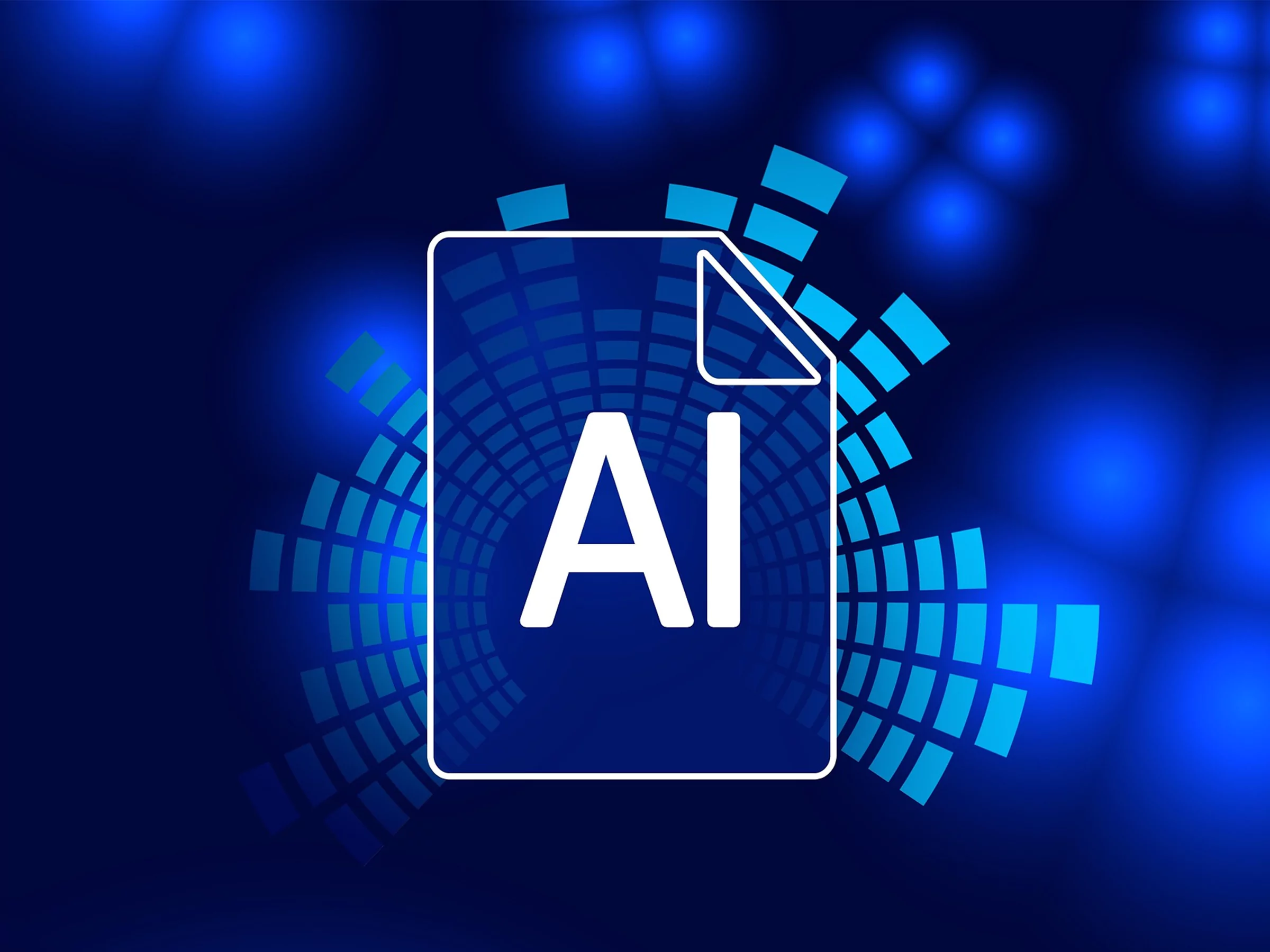Influence of AI in Elections
John F. Kennedy famously said, “The ignorance of one voter in a democracy impairs the security of all.” Elections must be free, fair, and transparent to maintain public trust in institutions. The integrity of the electoral process is crucial for a functioning democracy.
AI’s Role in Electoral Manipulation
- AI, despite being a technological revolution, is disrupting political systems.
- Deepfakes can manipulate public opinion by spreading false speeches or videos.
- AI techniques like Generative Adversarial Networks (GANs) are used to fabricate content.
Global Impact of AI on Elections
- U.S. Concerns: A Pew Research Survey (2024) found that 57% of Americans worried about AI's misuse in political campaigns.
- China’s Disinformation Tactics: AI-driven campaigns used to discredit Taiwan’s leaders.
- Slovakia Elections (2023): A deepfake of Michal Šimečka circulated just before elections, highlighting AI's role in election interference.

AI’s Influence in Indian Elections
- AI has helped boost voter outreach , as seen in:
- PM Modi’s use of "Bhashini" AI for Tamil translation in political campaigns.
-
Concerns over AI Misuse:
- The Deepfakes Analysis Unit (India) was set up to combat misinformation.
- WhatsApp fact-checking helpline created to counter AI-generated false content.
AI Regulation in Elections
- U.S. Measures:
- 19 states passed laws to curb AI-generated misinformation.
- Candidates misrepresented by AI can sue for damages .
-
International Efforts:
- The Munich Security Conference led to the formation of the “Tech Accord to Combat Deceptive AI in Elections” .
-
Private Sector Initiatives:
- Meta (Facebook & Instagram) pledged to tag AI-generated images before the 2024 U.S. elections.
Strategies to Prevent AI Manipulation in Elections
- Machine Learning Models to detect and moderate AI-generated content.
- Watermarking & Labeling of AI-generated political material.
- Criminal penalties for AI-driven misinformation in elections.
- Stronger data privacy laws to regulate AI in political campaigns.
- Educational programs to enhance voter awareness of AI risks.
The Broader Ethical and Political Concerns
-
Corporate Imperialism & Algorithmic Colonization:
- AI-driven data collection can allow corporations to manipulate election outcomes.
-
Need for Ethical AI Regulation:
- Political philosophers must engage in discussions on AI’s long-term impact on democracy, as per the Indian tradition of "Vaad" (intellectual debate) .
Conclusion
AI can strengthen or weaken democracy depending on its regulation. Governments must balance technological advancements with democratic integrity . Political philosophers must urgently deliberate on AI’s impact on democratic values .












